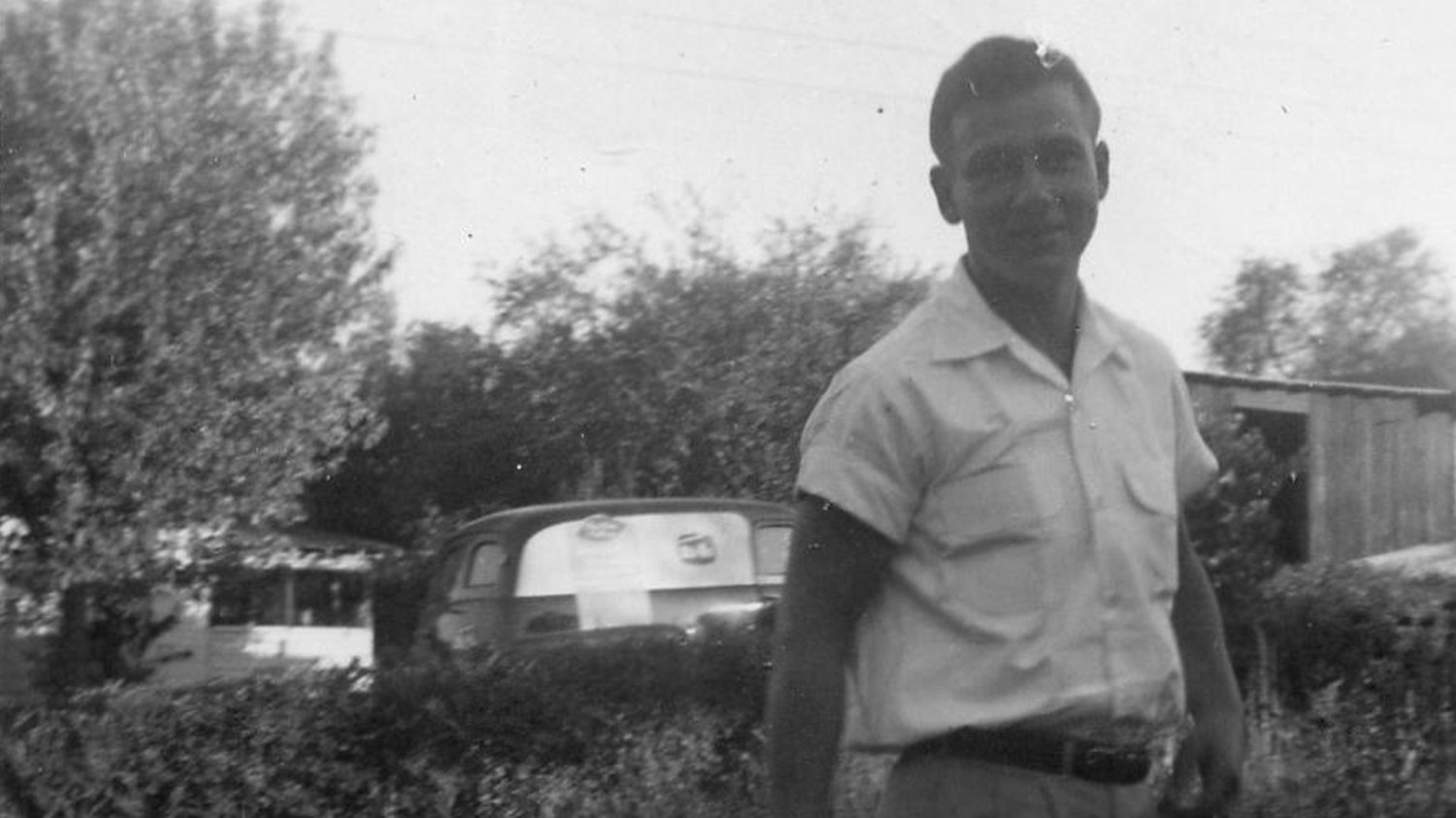Obituary for a Quiet Life — THE BITTER SOUTHERNER

🌈 Abstract
The article explores the life and death of the author's grandfather, Ray Harrell, who lived a quiet and unassuming life in North Carolina. It reflects on the importance of such "quiet lives" that often go unnoticed, yet play a crucial role in shaping the world around us.
🙋 Q&A
[01] The Quiet Life of Ray Harrell
1. What were some of the key events and experiences in Ray Harrell's life?
- He grew up in the Cataloochee Valley in the 1930s, outrunning mountain lions and driving cattle off the mountain
- He was shipped to Germany with the Army in 1950, where he flew up the ranks despite accidentally firing artillery through an empty house
- He led the union at the textile mill where he worked most of his life
- He was a stubborn and principled man who stood up for what he believed was right, even if it got him fired from jobs
2. How did Ray Harrell's life differ from the "notable figures" that often receive attention when they pass away?
- Ray Harrell's life was quiet and unassuming, without the fanfare and achievements that are often celebrated for prominent individuals
- His life was focused on building a small, content existence in Fruitland, North Carolina, raising his family and doing the everyday tasks that keep the world turning
- The author notes that these "quiet lives" are the ones that truly guide and shape us, even if they don't receive the same level of recognition
3. What did the author learn about Ray Harrell's life through the stories he collected?
- The author learned about Ray Harrell's adventurous past, including stealing a school bus as a teenager and crashing borrowed jeeps
- He also learned about Ray Harrell's principled stands, such as refusing to climb without a harness and getting fired for it, only to be reinstated by the union lawyers
- The author realized that a quiet life does not mean a passive life, and that Ray Harrell had a strong sense of right and wrong that he was willing to fight for
[02] The Importance of Quiet Lives
1. How does the author view the significance of "quiet lives" like Ray Harrell's?
- The author believes these quiet lives, "the lives in our skin, guiding us from breakfast to bed," are the ones that truly shape the world, even if they go unnoticed
- These lives are the ones that perform the everyday tasks and acts of kindness that keep the world turning, from taking out the trash to helping a neighbor in need
- The author sees these quiet lives as "the holiest thing we can think of," as they represent a contentment and dedication to living simply and meaningfully
2. What does the author suggest is lost when we focus only on the "notable figures" and their achievements?
- The author suggests that by focusing only on the lives of the famous and influential, we miss the richness and importance of the quiet lives all around us
- These quiet lives, with their unassuming routines and acts of service, are the ones that truly make a difference in the lives of those around them, even if they don't receive the same level of recognition
3. How does the author's perspective on Ray Harrell's life challenge the "siren call of flashy American individualism"?
- The author suggests that Ray Harrell's contentment with his simple life, despite the pressures of "more to have, always more," is a "downright subversive" act of resistance against the dominant cultural narrative
- The author sees Ray Harrell's quiet life as a powerful statement that true fulfillment can be found in the small, everyday moments and relationships, rather than in the pursuit of fame and material wealth